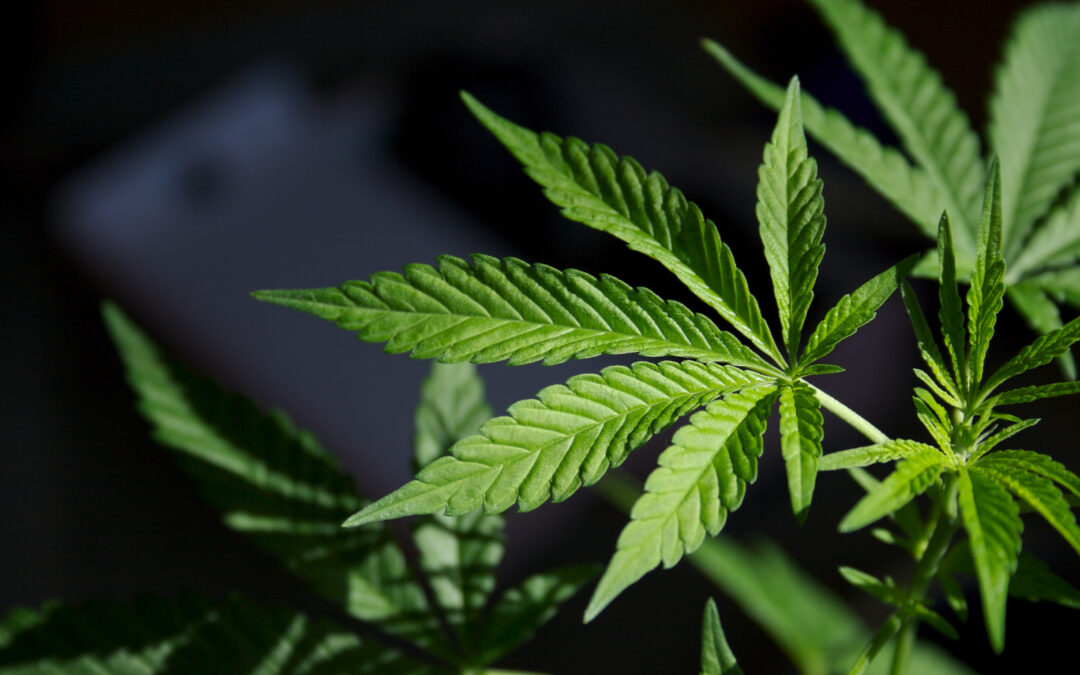Across the country, communities are proving that when enough people take a stand, marijuana legalization can be stopped. Time and again, states have rejected efforts to legalize recreational weed—whether through legislative defeats or voter decisions at the ballot box. Legalization doesn’t just happen; it moves forward only when citizens and leaders fail to push back. But when people show up, stand up to falsehoods and respond with the truth about marijuana’s harms, stopping legalization is not just possible—it’s imperative. Considering the damage it causes, it must be stopped!
The Power of Vigilant Opposition
Marijuana industry lobbyists and advocates may push the false narrative that legalization is coming to every state, but the facts tell a different story. Communities that organize, educate, and take action have successfully blocked legalization efforts time and again. Legislators have listened. Voters have rejected ballot measures. Leaders have stood firm. States are proving that when citizens raise their voices and share the truth, legalization can—and will—be defeated.
States That Have Successfully Blocked Legal Weed
Despite the well-funded propaganda efforts, the long-term harms, adverse impacts, and costs of high-potency THC is well established. Many states have demonstrated that rejecting marijuana legalization is possible when community and church leaders, and citizens take a stand:
- New Hampshire – Despite pressure from surrounding states that have legalized marijuana, New Hampshire’s legislature has consistently rejected it. In 2023, the state House passed a bill to legalize it, but the Senate refused to move forward, stopping legalization in its tracks. Governor Chris Sununu has also expressed skepticism about the policy, helping to keep New Hampshire from following the crowd.
- Nebraska – While Nebraska voters approved medical marijuana in 2024, efforts to legalize recreational marijuana have repeatedly failed in the state legislature. Nebraska’s conservative leadership has consistently opposed broader marijuana reforms, proving that strong political opposition can prevent legalization from moving forward.
- Florida, North Dakota, South Dakota, and Oklahoma – These states have all rejected marijuana legalization at the ballot box. In 2024, voters in Florida, North Dakota, and South Dakota rejected recreational marijuana ballot measures, showing that even when legalization is put directly to the people, it does not always succeed. Oklahoma voters also rejected a ballot initiative in 2023.
Legalization Will Harm Everyone, Not Just Marijuana Users
Proponents of marijuana legalization, like Gov. Shapiro, want the conversation to focus on tax revenue from those that consume it. The goal is to divert attention from the real issue that affects everyone: public safety. Politicians like to talk about intent, but citizens and legislators should be concerned about outcomes. And in this, the data is absolutely clear that the negative consequences of legalization far outweighs any claimed benefits. Elected leaders must hear from citizens on the need to focus on protecting everyday Pennsylvanians from harm. Scott Bohn, executive director of the PA Chiefs of Police Association, highlights this critical flaw in the debate, stating, “There’s just so many issues, and the only thing we’re talking about is money.”
The reality and consequences for states that have experimented with recreational marijuana is clear: legalization leads to greater public safety risks, including increased rates of intoxicated driving and marijuana DUIs. If Pennsylvania lawmakers choose to commercialize high-potency THC for retail sale, the consequences will extend far beyond those who choose to use marijuana. Increased marijuana consumption, particularly among adolescents, will lead to more health risks, and with no reliable in-field breathalyzer test to detect marijuana impairment, law enforcement will face even greater challenges in keeping roads and communities safe.
So let’s speak up and make sure this is a debate over public safety that affects all Pennsylvanians, regardless of whether they use marijuana or not. The truth is, when citizens reject the misleading financial arguments and focus on the real harms and risks, rejecting legalization is inevitable.
What Can You Do to Stop Legalization?
Despite pressure from the industry, not one vote has happened thus far on this type of harmful expansion. That goes to show legislators are not sold on the lie yet. It’s proof that when people show up, stand up, and speak up, we can make a difference and influence our elected state officials.
- Show up to vote – Many pro-marijuana efforts succeed simply because too many people stay home. Elections matter, and voting for candidates who oppose legalization can make all the difference.
- Stand up to the lies – The marijuana industry makes billions by downplaying the harms of their product. They claim that legal weed is harmless and that it will bring in massive tax revenue. The reality? States experimenting with marijuana for recreational use see increased addiction rates, negative impacts on mental health, higher rates of impaired driving, workplace safety and shortage of eligible workers, and significant black-market activity that undermines any supposed economic benefits.
- Speak up and share the truth – People need to hear the facts about marijuana’s harms. Whether it’s talking to friends and family, writing letters to legislators, or attending local meetings, spreading the truth can turn the tide. There are legislators who may be on the fence about marijuana policy and need to hear from concerned citizens before making important policy decisions.
A Powerful Tool to Share the Truth
To make it easier for people to share informative, fact-based resources about the dangers of marijuana, PA Family has created an online resource at TruthOnWeed.com to help you be a voice against this evil among your friends and family. This website provides well-designed social media graphics that can be easily shared on personal and church social media accounts to help educate others.
Social media platforms have an incredible reach, and when the message comes from trusted community leaders and family members like you, it can have a strong influencing impact on advocating against legalization of marijuana. Don’t underestimate the influence of your voice.
The site also includes one-pagers that answer common questions about marijuana, including:
- Is Marijuana Addictive?
- Is Marijuana Dangerous?
- What Health Organizations Say
- Fiscal Consequences
- Kushy Punch: An Example of Today’s Marijuana
By visiting the “Take Action” page on the site, readers can find simple, effective ways to share the truth and push back against the false narratives surrounding marijuana legalization.
Keep Up The Fight
The industry-funded movement to increase marijuana use in our communities is strong, but it is not unstoppable. Marijuana legalization for recreational use is not a done deal. It can be stopped—but only if enough good people show up, stand up, and speak up. Will you be one of them? As the examples above show, states have successfully rejected legal weed when enough people take action. Every voice matters. Every vote counts. Every effort to share the truth helps push back against the false narrative of inevitability.






We are totally opposed to any more marijuana.
Amen! Spread the word.
As a mom, I have seen the harm of marijuana. Stop the lies. Learn from Colorado and other states that have legalized it. We need to oppose this fiercely.
Thank you for being willing to speak up and be public about this!
Morning I was just reading this , and yes all this is bad even if they call it medical , this has to stop they need to stop it all , I’m a former drug addict it started when I was real young , none of it is helpful or beneficial it’s just making everyone more stupid , my neighborhood smells like it all day long and others also sick of smelling it and sick of those who are making money on it ruining people’s lives our lungs were ment to breath air not smoke , so where can I go and when is the vote against this coming it’s got to stop sign me up I will help stop it .